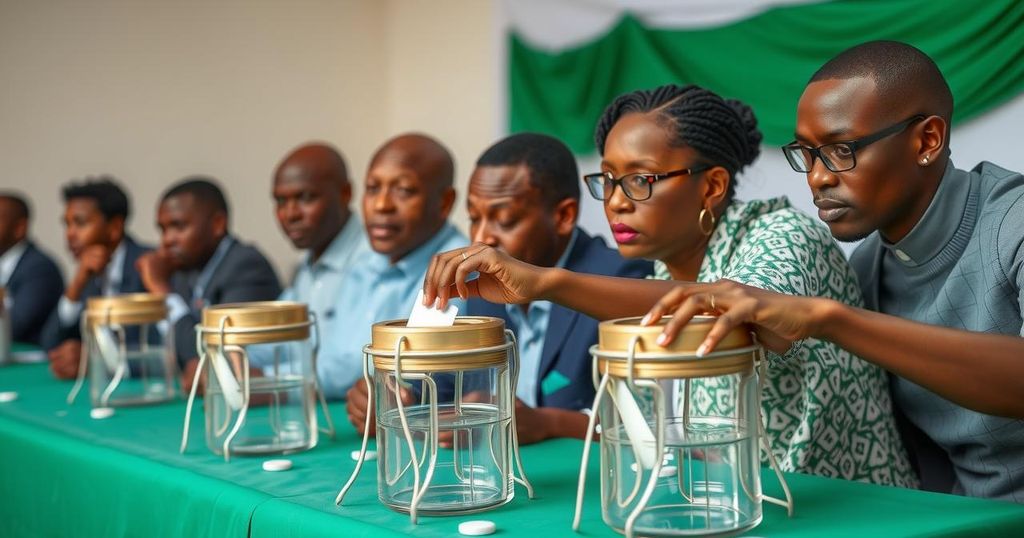World news
ABDALLAH SAMBI, AFRICA, AUSTRALIAN ASSOCIATED PRESS, AZALI ASSOUMANI, COMOROS, ELECTION FRAUD, GOVERNANCE, GOVERNMENT, HAMIDOU KARIHILA, HOPE OF THE COMOROS, INDIAN OCEAN, INDIAN OCEAN ARCHIPELAGO, JUWA, NO, NOUR EL - FATH, OPPOSITION, POLITICS, PRESIDENTIAL ELECTION, REUTERS, SUPREME COURT
Ethan Kim
0 Comments
Comoros Holds Elections Amid Political Tensions and Opposition Challenges
Voters in Comoros are electing a 33-seat parliament, amid allegations of corruption from the last election won by President Azali Assoumani. Approximately 338,000 individuals are eligible to vote, and nearly 100 candidates are contesting. Opposition factions are divided on whether to participate or boycott the elections. Results are expected by Friday.
Voters in the Comoros archipelago are taking part in parliamentary elections for the nation’s 33-seat assembly amidst a politically charged atmosphere following the controversial election of President Azali Assoumani last year. With over 338,000 registered voters, polling stations opened early on Sunday. Despite the significant political tension, with allegations of authoritarianism against the president and suggestions that he may be grooming his son for succession, nearly 100 candidates have been approved by the Supreme Court to compete. Opposition groups, particularly the Juwa party, have voiced calls for a boycott, although diverging views exist within the opposition regarding participation. Results from the election are anticipated by Friday.
The Comoros Islands, located in the Indian Ocean, have a tumultuous political history, with President Azali Assoumani initially seizing power in 1999 through a coup. Since then, Assoumani has secured his rule through several elections, the most recent being marred by accusations of electoral misconduct. His governance has faced increasing scrutiny for alleged authoritarian measures, especially as he consolidates power and appears to be setting the stage for his son, Nour El-Fath, to succeed him upon the conclusion of his current term in 2029. The elections represent a critical moment for the opposition, as participation and boycotting are both strategies considered in response to Assoumani’s presidential regime.
In conclusion, the parliamentary elections in the Comoros signify a pivotal moment for the country’s political landscape under President Assoumani. With significant opposition sentiments against perceived authoritarian tendencies and internal divisions on electoral participation, the process may shape the future governance of the archipelago. As the nation awaits results, the potential implications for both the ruling party and the opposition remain to be seen.
Original Source: www.begadistrictnews.com.au




Post Comment